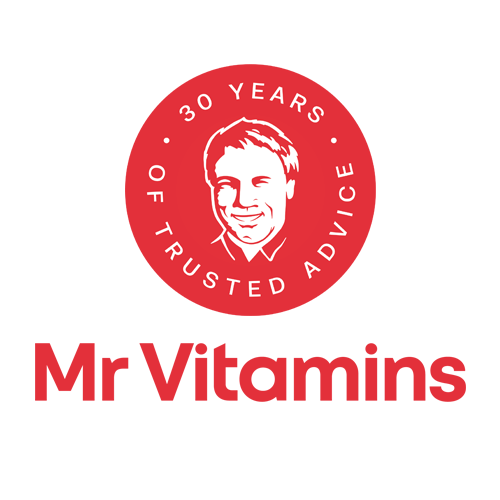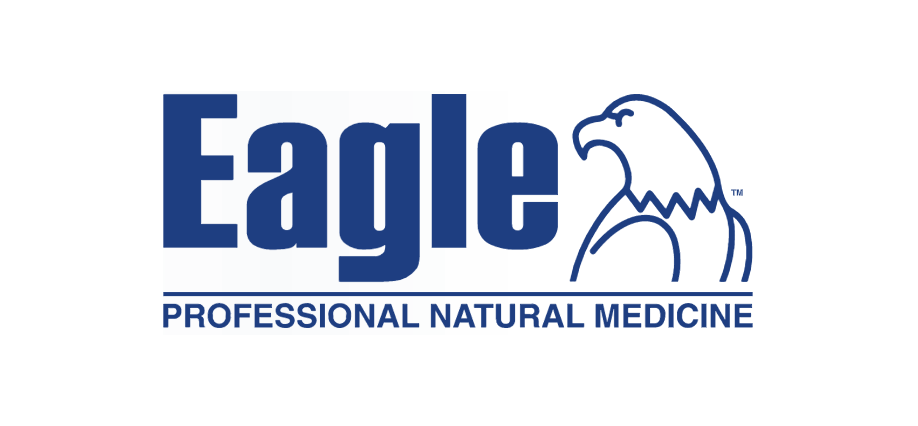
- Health advice
- Feb 10, 2018
Hippocrates wrote “All disease begins in the gut”; the importance of gut health and the discoveries being made in this area are new and exciting areas of medicine and health, yet naturopathic practise has always traditionally supported the gut health as a first line of action. Our gut is our lower digestive tract, sitting below the navel. It is the part of our digestion, comprised of the small and large intestines. These sites absorb nutrients and eliminate waste. If you want to have good health, good mood, good immunity, good sleep, good everything, this is an important aspect of healthcare. Once food is broken down in the mouth and stomach it moves down to the small intestine where it is absorbed across the brush border of the small intestine. Finger-like shapes, called villi, are part of your mucosal surface that absorbs nutrients. Your small intestine has a large surface area (like tennis court size!) because of these villi, to ensure you absorb foods well. They are a neat way your body increases its surface area yet remain compact.
Article by Desley Hatfield | Naturopath
REFERENCES:
What are probiotics?
Probiotics is the term for bacterium and yeasts that are beneficial for our health. I often describe our gut as being similar to a garden and the strains of bacteria living there are the “flowers”. Probiotics then, are the seeds for the flowers we want in our garden, giving diversity and balance to that environment. Research has shown that specific strains can have actions on particular health conditions and these are the names that you find on the labels of probiotic supplements. Lactobacillus acidophilus and Bifidobacterium bifidum are two of the most common. Not only are these included in most probiotic supplements, they are also found in most good quality yoghurts. L. acidophilus lives in the small intestine and B. bifidum, the large intestine (colon). Both produce lactic acid, helping our bodies to produce energy. They maintain an acidic environment which provides protection from invading pathogens and aids absorption of calcium, copper, iron, magnesium and zinc.Why do you need a probiotic?
Many readers are familiar with probiotic supplements and how they contribute to our health. Many GPs, Pharmacists and other professionals commonly recommend probiotics to assist and support the body for the following conditions:- Following antibiotic use
- Diarrhoea
- Traveller’s diarrhoea/food poisoning/”Bali Belly”
- Irritable bowel syndrome (IBS)
- Ulcerative colitis or inflammatory bowel conditions
- H pylori (the cause of ulcers)
- Vaginal infections (particularly candida/thrush)
- Urinary tract infections
- Eczema
What are food based probiotics?
Naturally fermented foods help in developing a good range of beneficial bacteria. Probiotics can be found in many foods:- naturally fermented sauerkraut,
- kimchi,
- kombucha,
- kefir and
- yoghurt.
What are prebiotics?
To get probiotics flowering in our “gut garden” we also require a good seed starter- any good gardeners knows that. This is the function of prebiotics, a special form of dietary fibre that passes undigested all the way to the colon. The main action of prebiotics is in the colon (large intestine) which is being shown to be much more that an elimination pathway. Prebiotics can:- Improve bowel regularity by softening stools
- Increase absorption of calcium and magnesium
- Increase bone density, particularly in adolescents
- Reduce triglyceride level
- Controlled appetite and reduced weight
- Increase the growth of good protective colon bacteria: Bifidobacteria spp and Lactobacillus spp. especially
- Vegetables: Jerusalem artichokes, chicory, garlic, onion, leek, shallots, spring onion, asparagus, beetroot, fennel bulb, green peas, snow peas, sweetcorn, savoy cabbage
- Fruits: Custard apples, nectarines, white peaches, persimmon, tamarillo, watermelon, rambutan, grapefruit, pomegranate. Dried fruit (eg. dates, figs)
- Legumes: Chickpeas, lentils, red kidney beans, baked beans, soybeans
- Grains: Barley, rye bread, rye crackers, couscous, wheat bran, wheat bread, oats
- Nuts: Cashews, pistachio nuts
When do we need probiotics and when do we need prebiotics?
If you are eating a well-balanced and varied diet you may not need to take any probiotic supplements at all. Ensuring you are getting your fresh fruit and vegetables every day and regular fermented foods may be all you need. If you have any chronic or long term health condition, particularly those listed above, research says pro- and pre- biotics will help. Other reasons you may need probiotics:- Illness- bacterial or viral infection. Gut health modulates our immune system
- Medicines- if you regularly take prescribed or over the counter medications
- High stress- including sustained pressure, life stressors (bereavement, divorce, etc.) and lack of sleep
- Poor diet- including highly refined, sugary or processed foods and insufficient fresh produce
- Psycho-social conditions; depression, anxiety or other. Serotonin (neurotransmitters that support our mood) is manufactured in the gut.
- Autoimmune conditions- because of microflora involvement in our immune response
- Babies and infants born via caesarean section or who are not being breastfed
- Pregnant and lactating women
Article by Desley Hatfield | Naturopath
REFERENCES:
- https://www.health.harvard.edu/vitamins-and-supplements/health-benefits-of-taking-probiotics
- http://www.klaire.com/probioticleader3.htm
- https://www.monash.edu/medicine/ccs/gastroenterology/prebiotic/faq#6
- https://www.ncbi.nlm.nih.gov/pmc/articles/PMC3337124/



















